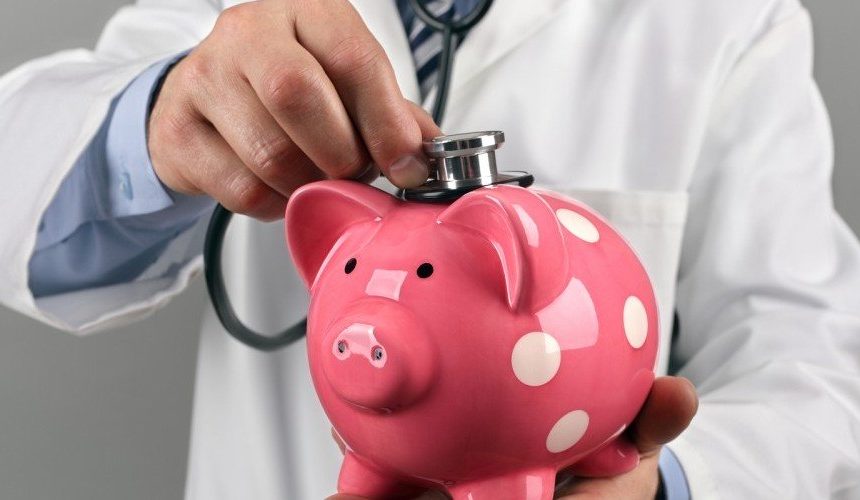So, you’ve stocked your home with food and other daily essentials in preparation for being stuck at home. You even managed to fight off the hoard of desperate shoppers at your local grocery store to secure the last few rolls of toilet paper. At this point, you’re prepared to weather whatever coronavirus (COVID-19) throws your way. But is your wallet?
With more and more restrictions going into place every day, it’s well past time you took a few precautions to protect your personal finances. Here are nine things to do over the next few days to prepare yourself and your wallet for any disruption to your paycheck, financial situation, or daily routine:
- Get familiar with your credit union’s e-Services: In the event you can’t make it to your local credit union branch, you can stay on top of your finances by signing up for online banking and/or downloading your credit union’s mobile app. Conveniently deposit checks through the mobile app instead of in person at your local branch.
- Automate payments or set up bill pay: If you haven’t already, consider automating the monthly payments for your utilities, internet, insurance, and any other regular bills. You should also set up online bill pay through your credit union if they offer the service.
- Reduce your discretionary spending: Whether you have an emergency fund or not, you should start saving as much as you can. That means cutting back on non-essentials, including streaming services, shopping, and eating out. Even if you’re only saving $20; that’s 20 more dollars you’ll have if you end up not being paid for a few weeks.
- Avoid making large purchases with your credit card: You definitely don’t want to be on the hook for a large purchase when you’re not getting paid. Instead, save those funds for any pressing needs that come up while stuck at home.
- Aggressively pay down debt: If you have the financial ability, pay off your credit card, make multiple payments on your car loan, or even make an additional payment on your mortgage. In the event you’re without a paycheck for longer than you expect, this may bring you at least a modicum of relief. It will also help you avoid interest payments and late fees, which could impact your credit score.
- Put that tax refund into your emergency fund: Expecting that tax refund in the mail? Instead of spending it, consider putting it into an emergency fund that you can use as needed during this turbulent time. You can always move or invest it later.
- Subscribe to your credit union’s emails: As you read this, your credit union is likely developing a plan to assist and serve you in the event things take a turn for the worse. This could come in the form of extended contact center hours, skip-a-pay loan promotions, and more. Stay up-to-date on all your options by signing up to receive credit union emails, monitoring their website, and following them on social media.
- Develop a plan for work: If your child’s school and/or daycare decides to close down, do you have an emergency plan in place? Whether it’s trading days off with your partner or enlisting the help of grandma, now’s the time to work out a plan that won’t force you to take valuable time off to be at home with the kids.
- Scams: Be on high-alert for coronavirus-related scams! In particular, the Federal Trade Commission is warning consumers to be wary of phony emails and calls from coronavirus-related companies and charities. In addition to never giving any money to these fake organizations, be sure to never discuss your personal information, passwords, or PINs.
Taking a few precautions now can help you better prepare your finances for any implications from the coronavirus later. If you need additional assistance, don’t be afraid to reach out to your credit union’s personal finance experts for ad vice, resources, and more.
Read full article here: www.cuinsight.com


